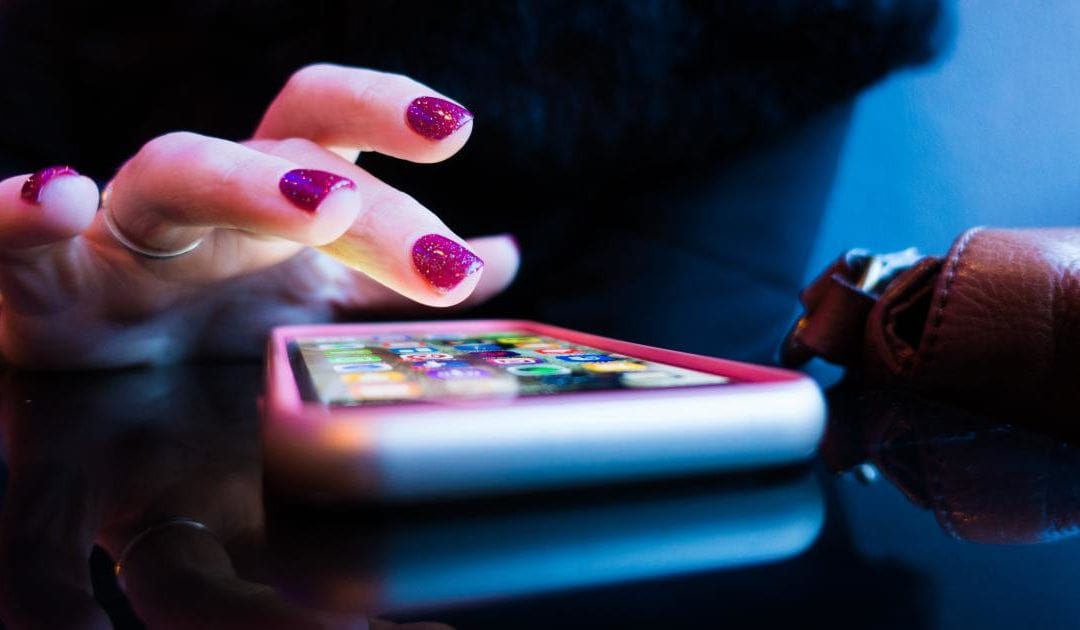
Colorado officials announced Tuesday that the state is partnering with Apple and Google to allow people to download an application on their smartphones or opt into a service that can anonymously inform them if they have been exposed to the coronavirus.
Sarah Tuneberg, Gov. Jared Polis’ coronavirus innovation response team lead, said the system will work in the background of people’s everyday lives if they choose to use the service.
COVID-19 IN COLORADO
The latest from the coronavirus outbreak in Colorado:
- MAP: Known cases in Colorado.
>> FULL COVERAGE
Here’s how the app will work:
- People can either turn the service on after an iOS update on their Apple device or download an Android application. The service will be available by the end of September, Tuneberg said.
- The app or service will trade “tokens” between phones via Bluetooth
- If someone who has opted into the service or has the app has been near someone who tests positive for the virus, they will receive a push notification informing them of their possible exposure
- The person will not know where they were exposed and who exposed them to the virus
Think of it this way: You go to the grocery store and pass by complete strangers. A week or so later the service may inform you that one of the people you shopped near has tested positive, giving you a heads up to get get screened for coronavirus.
The service or application is called “EN Express” — EN standing for “exposure notification.” Tuneberg said the state is working on a public awareness campaign to ensure people both are aware of the service and how to use it.
OUR UNDERWRITERS SUPPORT JOURNALISM. BECOME ONE.
“We want Coloradans to be prepared and know what it means, know how to use it and definitely know how to turn it on or download it so we can begin sharing this really important information,” she said.
Tuneberg said the service is key as Colorado allows people to attend larger events, including Broncos games in the coming weeks.
“This is a completely anonymized service that contains no personal health information,” Tuneberg said.
Tuneberg said privacy is of the utmost concern and that the state wants to assure people that their data is safe if they choose to use the service. She emphasized that people have the option to turn on the functionality and that it’s in no way required.
That being said, by virtue the system would work better if more people participated.

“There is very, very strong security around those tokens,” she said. “Even if you got ahold of them, it would look like a list of gobbledygook letters.”
Tuneberg said the service or application will never track someone’s location and that all data will be deleted after 14 days.
Polis said he hopes Colorado can replicate the successes other countries have had with smartphone technology and work to prevent COVID-19 from spreading.
“This has worked very effectively in countries like South Korea,” Polis said. “It’s late in coming to us in America, but Colorado will be one of those first states to move forward with Google and Apple.”
There will be no charge to use or download the service, either for the user or the state of Colorado.
Our articles are free to read, but not free to report
Support local journalism around the state.
Become a member of The Colorado Sun today!
$5/month
$20/month
$100/month
One-time Contribution
The latest from The Sun
This content was originally published here.

